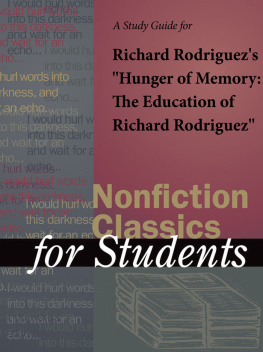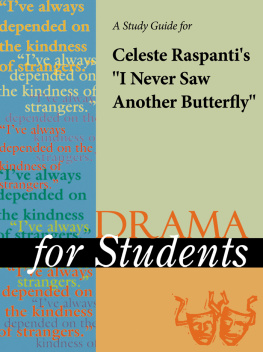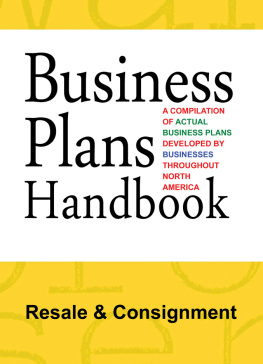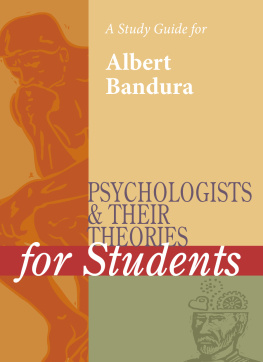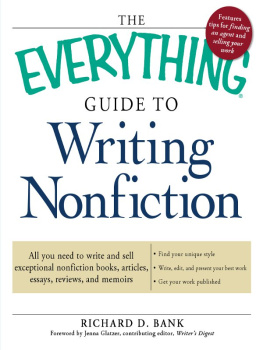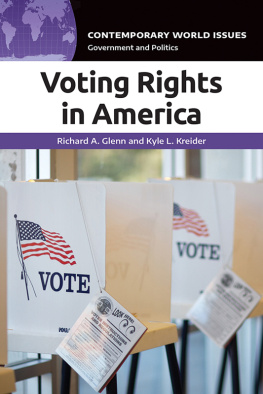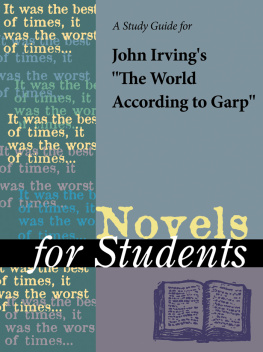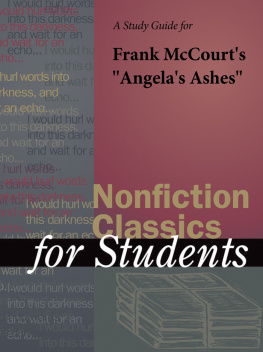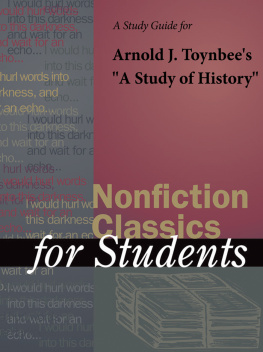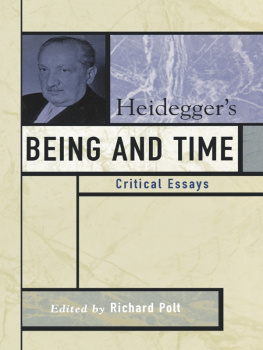TABLE OF CONTENTS
Guide
Nonfiction Classics for Students, Volume 3
Staff
Editor: Jennifer Smith.
Contributing Editors: Anne Marie Hacht, Michael L. LaBlanc, Ira Mark Milne, Daniel Toronto, Carol Ullmann.
Managing Editor, Content: Dwayne D. Hayes.
Managing Editor, Product: David Galens.
Publisher, Literature Product: Mark Scott.
Literature Content Capture: Joyce Nakamura, Managing Editor. Sara Constantakis, Editor.
Research: Victoria B. Cariappa, Research Manager. Sarah Genik, Tamara Nott, Tracie A. Richardson, Research Associates. Nicodemus Ford, Research Assistant.
Permissions: Maria L. Franklin, Permissions Manager. Shalice Shah-Caldwell, Permissions Associate. Debra Freitas, IC Coordinator/Permissions Associate.
Manufacturing: Mary Beth Trimper, Manager, Composition and Electronic Prepress. Evi Seoud, Assistant Manager, Composition Purchasing and Electronic Prepress. Stacy Melson, Buyer.
Imaging and Multimedia Content Team: Barbara Yarrow, Manager. Randy Bassett, Imaging Supervisor. Robert Duncan, Dan Newell, Luke Rademacher, Imaging Specialists. Leitha Etheridge-Sims, Mary Grimes, David G. Oblender, Image Catalogers. Robyn V. Young, Project Manager. Dean Dauphinais, Senior Image Editor. Kelly A. Quin, Image Editor.
Product Design Team: Pamela A. E. Galbreath, Senior Art Director. Michael Logusz, Graphic Artist.
Copyright Notice
Since this page cannot legibly accommodate all copyright notices, the acknowledgments constitute an extension of the copyright notice.
While every effort has been made to secure permission to reprint material and to ensure the reliability of the information presented in this publication, Gale neither guarantees the accuracy of the data contained herein nor assumes any responsibility for errors, omissions, or discrepancies. Gale accepts no payment for listing; and inclusion in the publication of any organization, agency, institution, publication, service, or individual does not imply endorsement of the editors or publisher. Errors brought to the attention of the publisher and verified to the satisfaction of the publisher will be corrected in future editions.
This publication is a creative work fully protected by all applicable copyright laws, as well as by misappropriation, trade secret, unfair competition, and other applicable laws. The authors and editors of this work have added value to the underlying factual material herein through one or more of the following: unique and original selection, coordination, expression, arrangement, and classification of the information.
All rights to this publication will be vigorously defended.
Copyright 2002
The Gale Group
27500 Drake Road
Farmington Hills, MI 48331-3535
All rights reserved including the right of reproduction in whole or in part in any form.
ISBN 0-7876-5453-1
ISSN 1533-7561
Printed in the United States of America.
10 9 8 7 6 5 4 3 2 1
Hunger of Memory: The Education of Richard Rodriguez
Richard Rodriguez
1981
Introduction
When Richard Rodriguez published his collection of six autobiographical essays, Hunger of Memory: The Education of Richard Rodriguez in 1981, roars erupted from both ends of the political spectrum. His conservative readers and critics were happy to hold him up as a minority student who had benefited from affirmative action but who in the end had rejected such programs as unfair to the real under-privilegedthose who were impoverished or had never had the educational opportunities Rodriguez had enjoyed. Others saw in Rodriguez someone alienated from his Mexican-American culture and heritage, having betrayed his fellow Hispanics (a broad term meaning Spanish speakers but used in the United States to denote Americans whose fore-bears are from a Spanish-speaking country) by his denunciation of bilingual education and affirmative action.
The book follows Rodriguez's early life as it revolves around language and education and portrays how those factors contributed to his transition from childhood to adulthood. In the book's prologue, Rodriguez refers to his work as a "middle-class pastoral" in which he "sings the praises of [his] lower-class past" while reminding himself how education has assisted with the separation from that past. It is his coming-of-age story, he notes, "the story of the scholarship boy who returns home one summer to discover the bewildering silence, facing his parents. This is my story. An American story."
Rodriguez covers his first few confusing months in school, when he didn't speak in class because he didn't feel comfortable with what little English he knew. After a few of the nuns from his school ask his parents to speak English around the house, Rodriguez takes his first steps toward becoming a "public man." Such assimilation into American culture is necessary and valuable, he asserts. As the book progresses, Rodriguez relates the story of his growing up, the power and pain of family ties, the role of the Catholic Church in his life, and his staunch rejection of affirmative action for ethnic and racial minorities in education and in the workplace.
Author Biography
Richard Rodriguez was born on July 31, 1944, in San Francisco, California, to Mexican immigrants Leopoldo and Victoria Moran Rodriguez, the third of their four children. When Rodriguez was still a young child, the family moved to Sacramento, California, to a small house in a comfortable white neighborhood. "Optimism and ambition led them to a house (our home) many blocks from the Mexican side of town. It never occurred to my parents that they couldn't live wherever they chose," writes Rodriguez in Hunger of Memory: The Education of Richard Rodriguez, his well-received 1981 autobiography. This first book placed him in the national spotlight but brought scorn from many supporters of affirmative action and bilingual education.
Rodriguez's family was not well-to-do, but his fathera man with a third-grade education who ended up working as a dental technician after dreaming of a career as an engineerand his mother somehow found the money to send their children to Catholic schools. Ultimately, Rodriguez, who could barely speak English when he started elementary school, finished his academic efforts as a Fulbright scholar in Renaissance literature with degrees from Stanford University and Columbia University. Perched on the edge of a brilliant career in academia, but uncomfortable with what he viewed as the unwarranted advantage given him by affirmative action, Rodriguez refused a number of teaching jobs at prestigious universities. He felt that receiving preference and assistance based on his classification as a minority was unfair to others. This dramaticdecision, along with a number of anti-affirmative action essays published in the early to mid-1970s, made Rodriguez a somewhat notorious national figure.
After leaving academia, Rodriguez spent the next six years writing the essays that comprise Hunger of Memory: The Education of Richard Rodriguez

